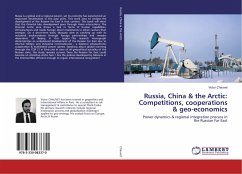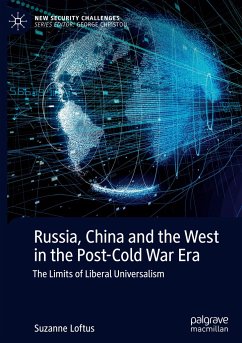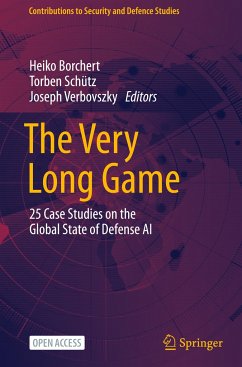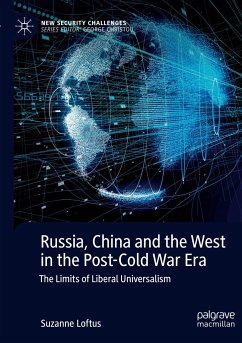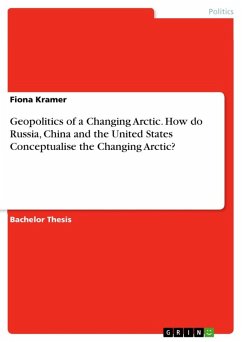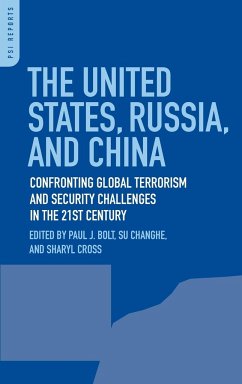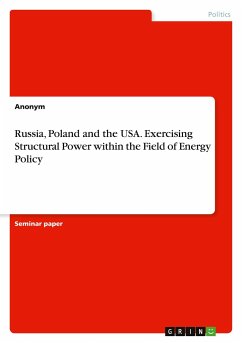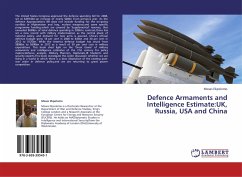
Defence Armaments and Intelligence Estimate:UK, Russia, USA and China
Versandkostenfrei!
Versandfertig in 6-10 Tagen
16,99 €
inkl. MwSt.

PAYBACK Punkte
8 °P sammeln!
The United States Congress approved the defence spending bill for 2008, set at $459.6bn-an increase of nearly $40bn from previous year. As the defence Appropriations Bill does not include funding for the on-going conflicts in Afghanistan and Iraq, nuclear weapons,and some specific programme funding,which are covered by "Supplemental" reserves, that exceeded $650bn of total defence spending in 2008.In contrast,China has set a new record with military modernisation as the central plank of national policy, and demand for new arms is assured. China's official defence budget grew 18 per cent in 200...
The United States Congress approved the defence spending bill for 2008, set at $459.6bn-an increase of nearly $40bn from previous year. As the defence Appropriations Bill does not include funding for the on-going conflicts in Afghanistan and Iraq, nuclear weapons,and some specific programme funding,which are covered by "Supplemental" reserves, that exceeded $650bn of total defence spending in 2008.In contrast,China has set a new record with military modernisation as the central plank of national policy, and demand for new arms is assured. China's official defence budget grew 18 per cent in 2008 to $45bn and 30 per cent in 2012 to $125bn. While the America defence budget has struck from $898bn to $698bn in 2012 as a result of 30 per cent cuts in military expenditure. This book shed light on the "Great Game" of military armaments and intelligence estimates of the 21st century for policy makers,Defence analysts, Military Planners, Diplomats,IR Students and security experts.This bookinvestigate the wider discussion whether we are living in a world in which there is a slow dissolution of the existing post-war order in defence policy;and we are returning to great power competition.



